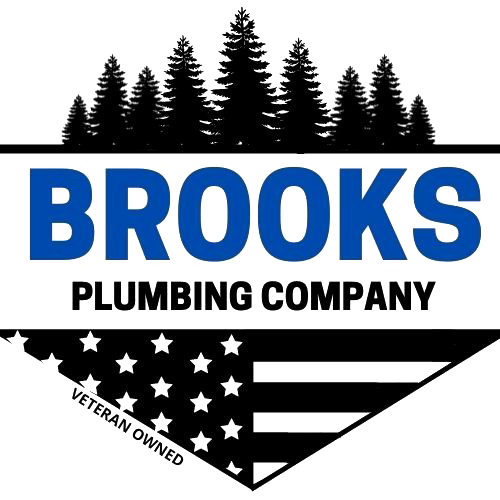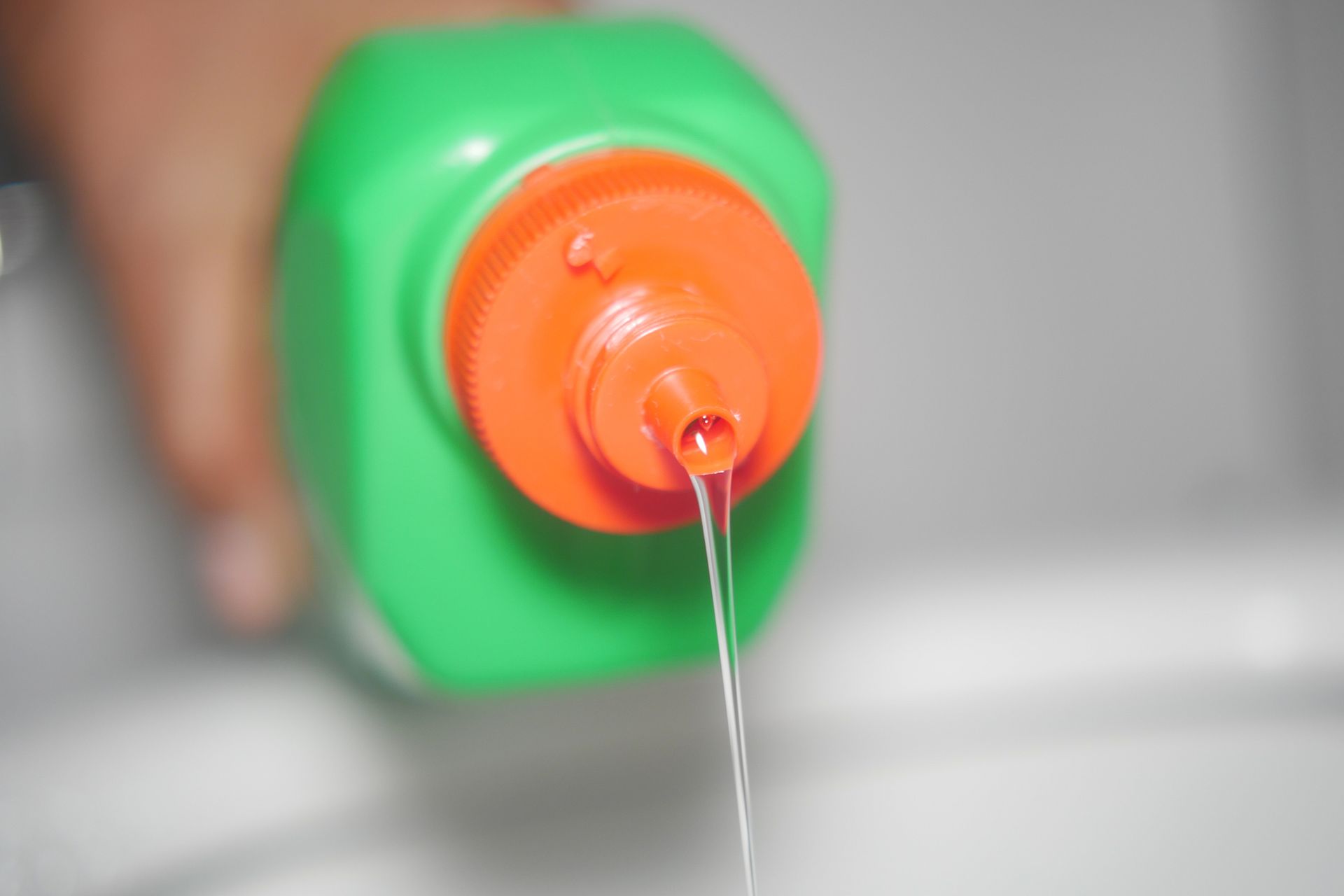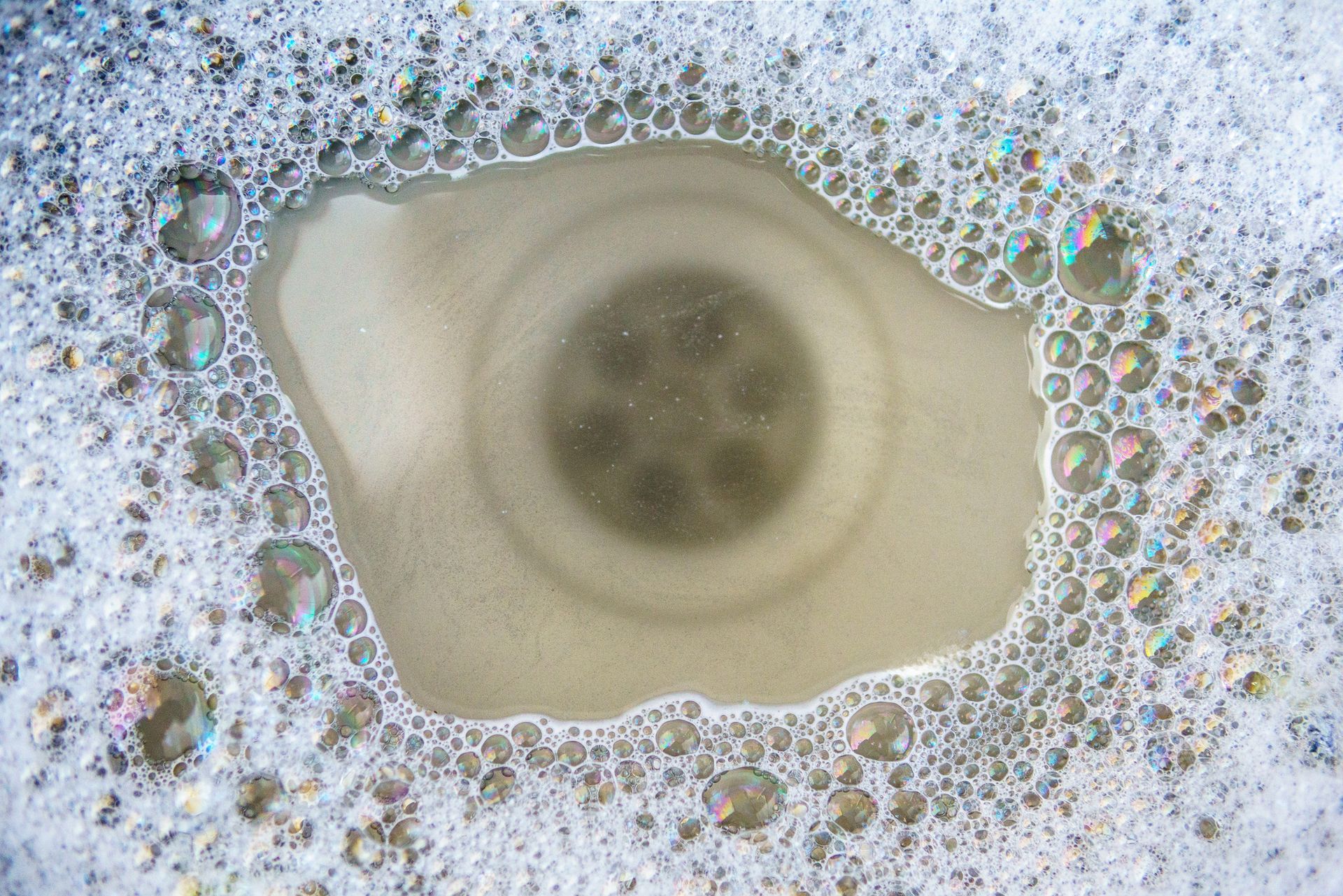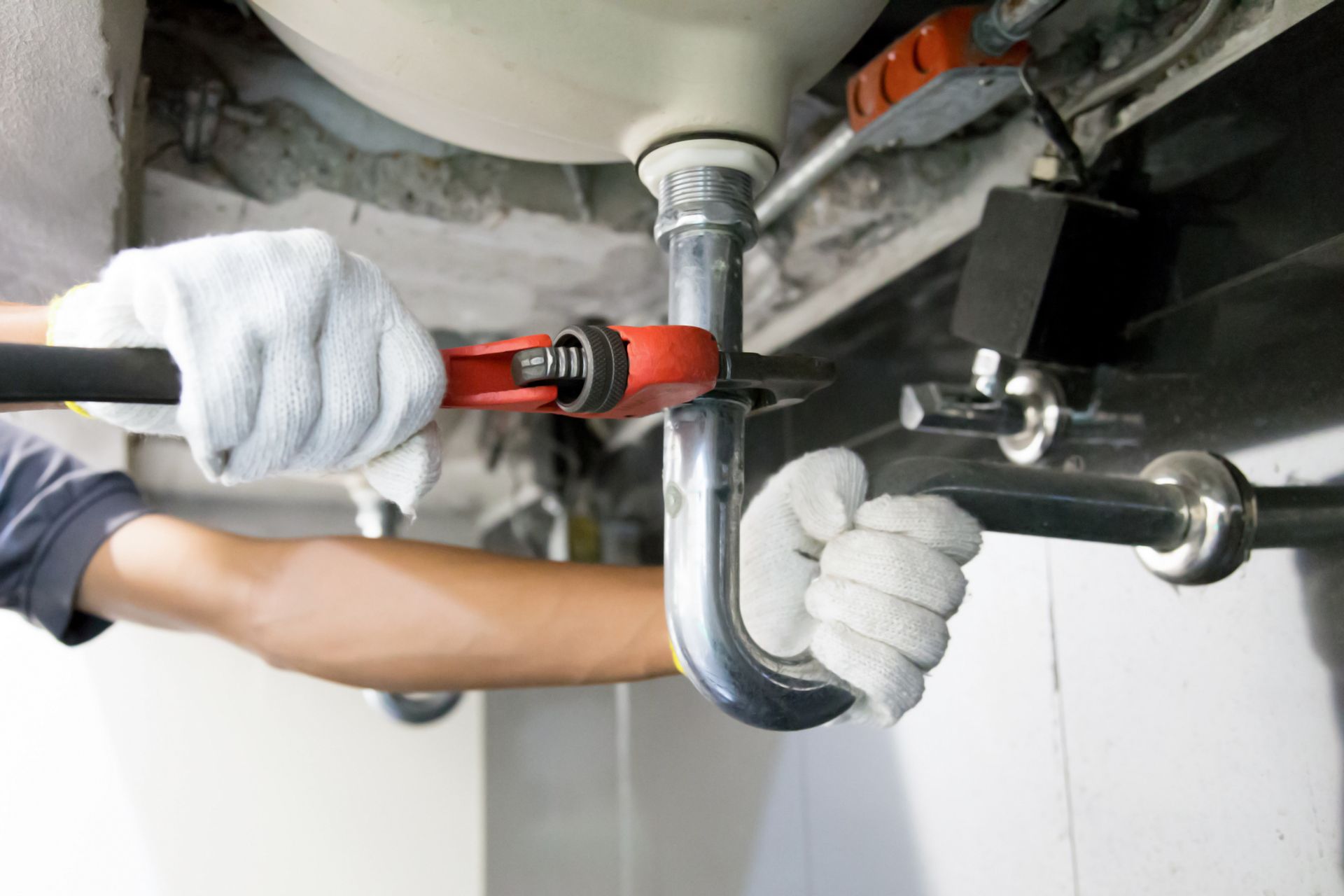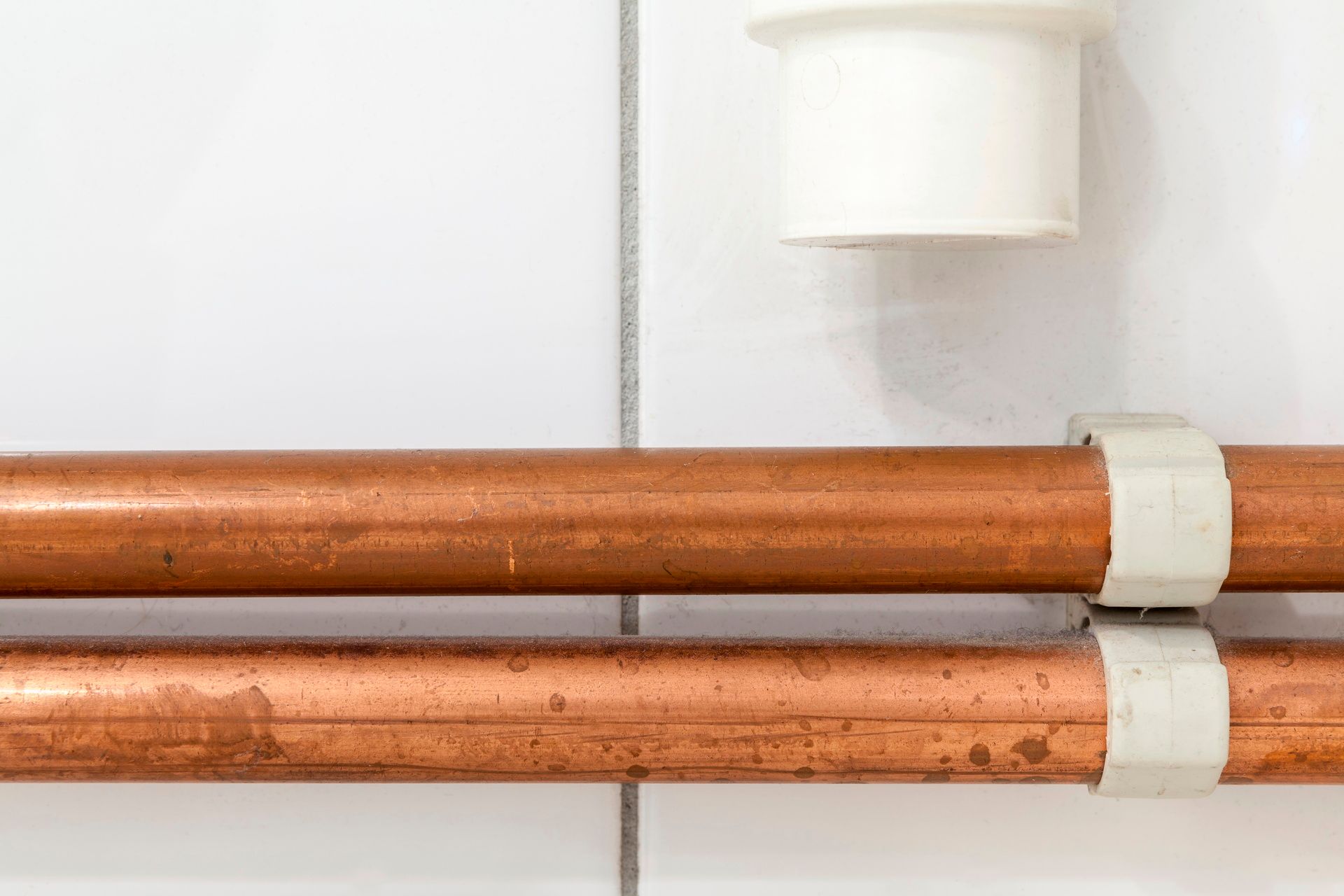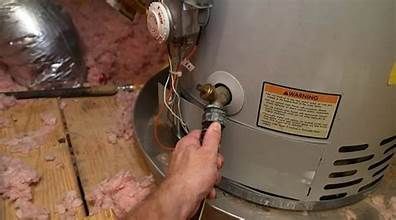For decades, residents of Olympia have used water heater tanks to heat and store hot water for future use. These tanks are very simple and in many cases have become much more energy efficient, but you probably are wondering how they actually work. Here is a quick overview of a storage water heater tank and how it works.
The Basics
A storage water heater is exactly as it sounds. A large volume of water is funneled into a storage tank of between 20 and 80 gallons and heated for future use. When you turn on a hot water tap, water from the top of the tank is removed through the hot water outlet and cold water enters the tank through the cold water inlet – replacing the displaced volume and heated by the gas burner beneath the tank.
Water heaters can be electric, gas, propane or oil depending on what is available in your area. When the water temperature falls (as hot water is pulled from the tank), the thermostat opens and the gas burner ignites, heating the water until it reaches the preset temperature of the thermostat and it closes.
The Tank
When a tank is turned on, it is constantly heating the water supply. As a result, standby heat loss occurs. However, modern tanks are being built with exceptionally high insulation ratings (up to R-25) to minimize the loss of such heat. Additional heat loss occurs in gas and oil water heaters that must vent fumes and gasses through an internal flue. Fan assisted gas tanks and sealed combustion tanks reduce this type of energy loss in gas water heaters.
Determining the Best Water Heater for You
If you would like to install a new water heater for your home, make sure you do your research and learn what types of water heaters will minimize heat and energy loss without reducing your comfort level. Modern tank water heaters are surprisingly efficient, but only certain ones. Call Brooks Plumbing Company to help you determine which option is best for you.
The post How a Storage Water Heater Works first appeared on Brooks Plumbing Co..
